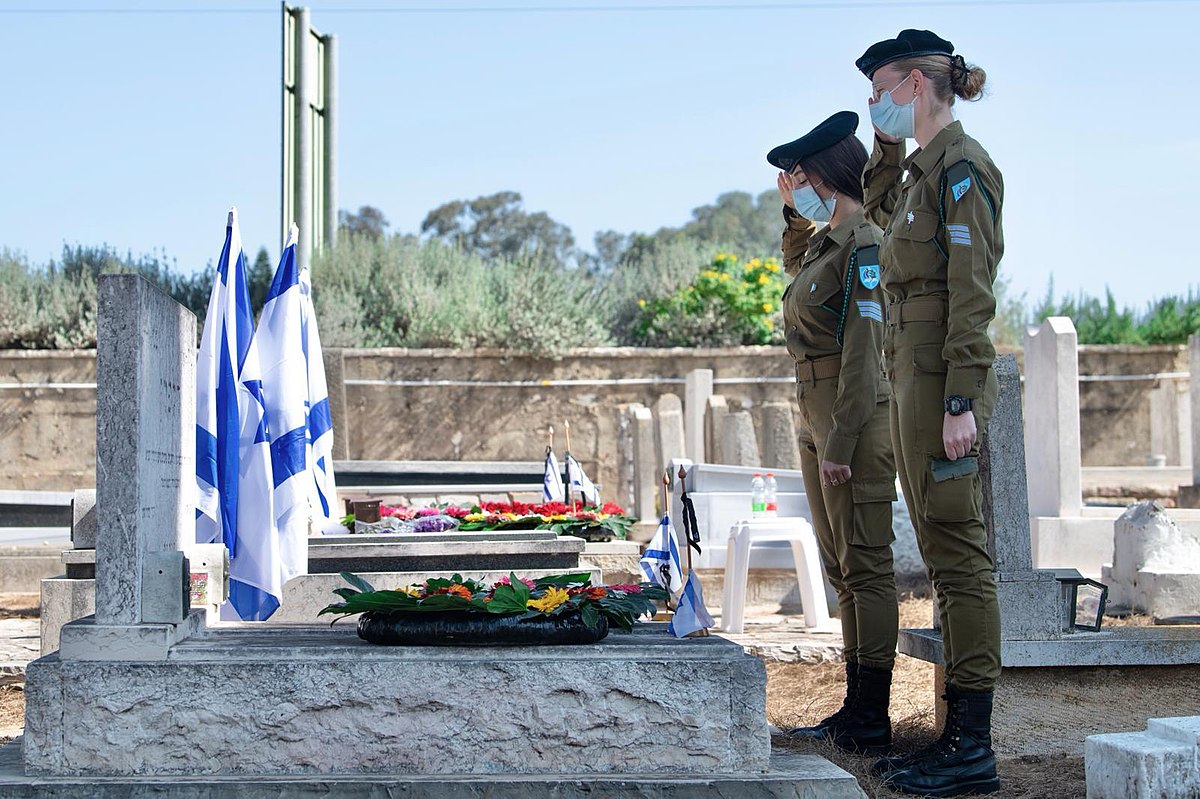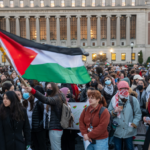In a devastating turn of events, Israel experienced its worst day in the ongoing conflict with Gaza, marked by the deadliest single attack on Israeli forces since the war’s initiation. Palestinian militants executed the assault, claiming the lives of 22 soldiers, a development that may intensify calls for a cease-fire.
The military’s announcement of ground forces encircling Gaza’s second-largest city, Khan Younis, is a significant advancement despite it being previously designated a safe zone. However, the extent to which this move brings Israel closer to achieving its goals of defeating Hamas and freeing Israeli hostages remains uncertain, and many critics argue impossible, especially as cease-fire talks gain momentum.
Prime Minister Benjamin Netanyahu expressed grief for the fallen soldiers, who died in a blast triggered by a rocket-propelled grenade. Despite growing divisions among Israelis on the possibility of simultaneously crushing Hamas and securing the release of captives, Netanyahu pledged to press on until “absolute victory.” There is no indication tha “absolute victory” includes the rescue of the hostages.
A proposed two-month cease-fire, where hostages would be freed in exchange for Palestinian prisoners and the relocation of top Hamas leaders, was put forward by Israel. However, Hamas rejected the proposal, insisting on a complete halt to the offensive and Israeli withdrawal from Gaza. Cease-fire talks are underway, with Egypt and Qatar working on a multistage proposal to bridge existing gaps.
The conflict, initiated by Hamas crossing the border on October 7, has resulted in over 1,200 deaths and the abduction of 250 individuals. The offensive has caused extensive destruction, displaced 85% of Gaza’s 2.3 million population, and left a quarter facing starvation. Additionally, Iran-backed groups in various countries have targeted U.S. and Israeli interests in support of the Palestinians.
As the death toll rises and the humanitarian crisis worsens, international pressure on Israel to scale back the offensive and support the creation of a Palestinian state has intensified. The United States, a crucial military aid provider, has joined calls for a de-escalation.
Despite these calls, Netanyahu, facing declining popularity since October, has rejected demands to scale back operations. Instead, he has indicated a need for Israel to expand operations and eventually take control of the Gaza-Egypt border.
The situation has prompted concerns from Egypt, which has rejected Israeli allegations of weapons smuggling by Hamas across the heavily guarded border. Egypt warns that any move by Israel to occupy the border area could seriously threaten the decades-old peace treaty between the two countries.
As the conflict continues, the international community watches closely, hoping for a resolution that will bring an end to the suffering and pave the way for a lasting peace in the region.



